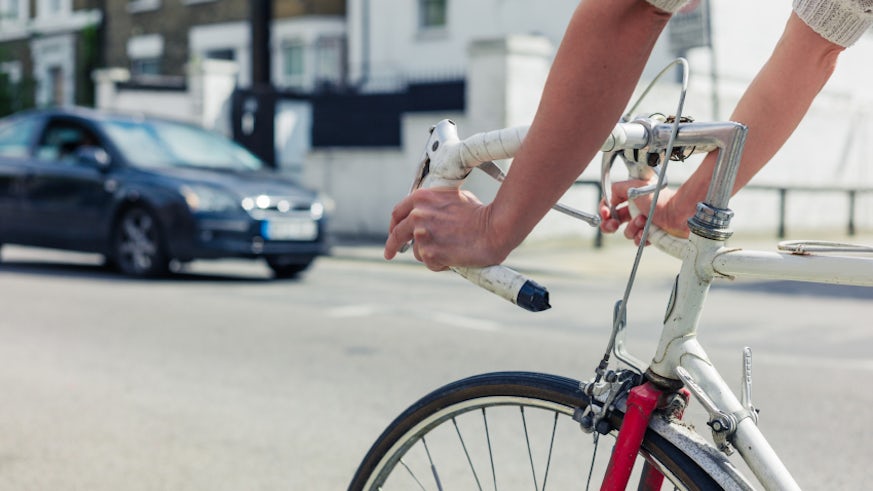Shaping the communities of the future
8 March 2016

A new partnership between Cardiff University and Sustrans is helping plan for the sustainable communities of the future.
Researchers from the University’s Sustainable Places Research Institute and the School of Geography and Planning have partnered with leading UK charity Sustrans to help deliver the aims of the Active Travel Act, Wales which requires the provision of routes designed for cycling and walking.
Making use of revolutionary new software developed by Cardiff University, researchers are working with Sustrans, using data to identify the optimum routes for cycling, walking or public transport.
Dr Crispin Cooper, from the Sustainable Places Research Institute said: “As a keen cyclist myself I am pleased to be working with such a well-respected organisation as Sustrans, making it easier for people to travel by foot, bike or public transport.”
Working together the two hope to model and encourage implementation of cost-effective, proven solutions that reduce car use and increase low carbon travel. From designing and developing high quality on and off-road walking and cycling routes, to helping sustainable communities re-design their streets.
Alain Chiaradia from the School of Geography and Planning, said: “Physical inactivity, declining air quality and congestion are all degrading our quality of life, we are delighted to be working with Sustrans, helping them to deliver this exciting work and encouraging the development of sustainable communities across Wales.”
Jane Lorimer, National Director for Sustrans Cymru said: “We are really pleased that by working with Cardiff University we will be able to use sophisticated data to help map out the best routes for new walking and cycling paths. The Active Travel Act is all about introducing new people to the benefits of walking and cycling. The techniques that Cardiff University’s researchers are working on will help to develop networks serving the whole community and allow lots more people to make their everyday journeys in a healthier, more sustainable way.”